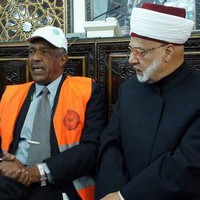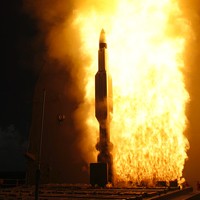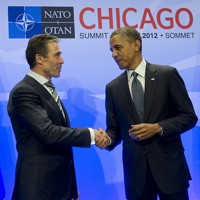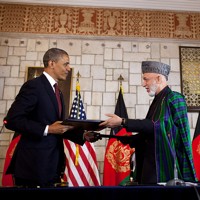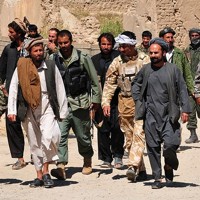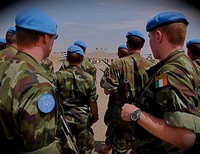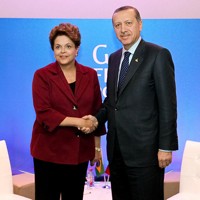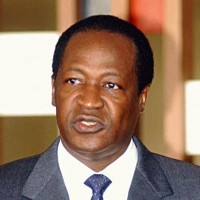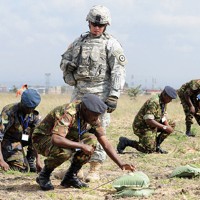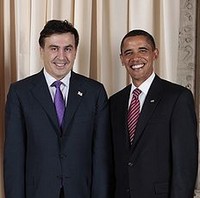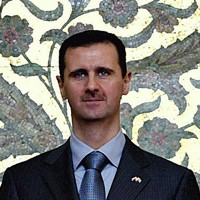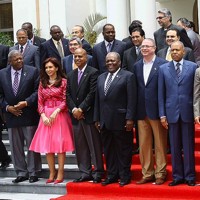
“The [Organization of American States] is an enemy of the U.S. and an enemy to the interests of freedom and security,” said Rep. David Rivera, a Republican congressman from Florida, in July 2011 as he joined the House Foreign Affairs Committee’s GOP majority in voting to cut off U.S. funding for the OAS. Rivera’s low regard for the organization was matched by Venezuelan President Hugo Chávez, who in urging the nations of Latin America and the Caribbean to form a new regional bloc excluding the United States said, “You can’t expect much from the OAS. It’s like a corpse that […]

